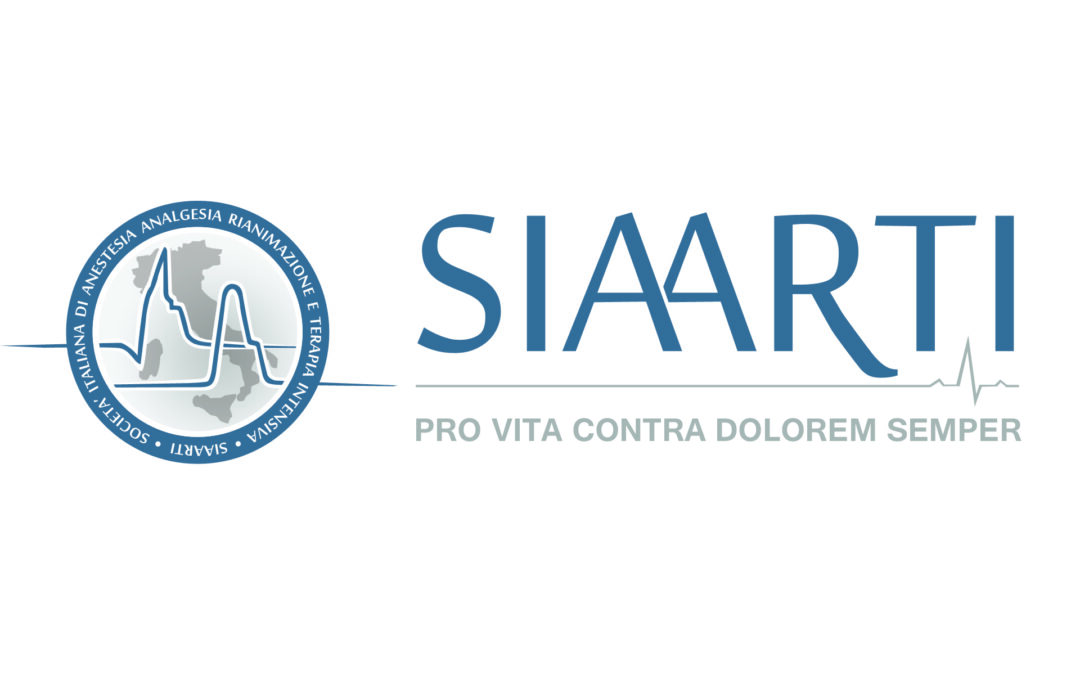
by Valeria Confalonieri | Feb 18, 2025
Chronic pain is one of the major health problems and causes of disability. Therapies are not always able to modify the evolution of the painful pathology, therefore an early diagnosis and adequate symptomatic treatment are essential in order to prevent the onset of...

by Valeria Confalonieri | Feb 18, 2025
The duration of surgical antibiotic prophylaxis should not exceed 24 hours. Many good quality studies have shown that antibiotic prophylaxis beyond 24 hours has no effect in reducing surgical site infections. The administration of additional prophylactic antibiotic...

by Valeria Confalonieri | Feb 18, 2025
Routine transfusion of packed red blood cells in critically ill patients admitted to the Intensive Care Unit based on arbitrary hemoglobin values greater than 70 g/l is not recommended. Several studies have shown that using a low transfusion threshold (70 g/l instead...

by Valeria Confalonieri | Feb 18, 2025
Routine and systematic laboratory tests are not recommended for patients admitted to the Intensive Care Unit. It has been shown that routinely requesting them, rather than on the basis of specific clinical questions or with the aim of modifying the therapeutic plan,...

by Valeria Confalonieri | Feb 18, 2025
Routine and systematic execution of pre-operative laboratory tests is not recommended. The most recent international guidelines (NICE 2018 and ESA 2016), based on the current evidence, do not recommend their routine execution; if performed systematically they do not...








Recent Comments